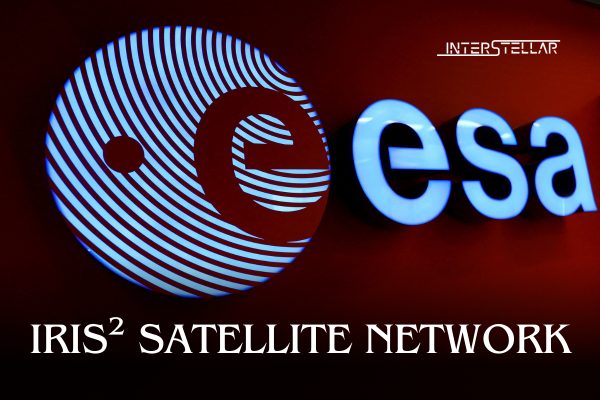Europe Advances Secure Satellite Constellation IRIS² to Compete with Starlink
The European Commission has awarded key contracts to progress the delayed IRIS² satellite constellation, a €10.6 billion ($11.13 billion) project. This initiative aims to secure the position of Europe in space communications, responding to Elon Musk’s Starlink and other emerging internet networks.
A Resilient Communications Network for Europe
IRIS², a multi-orbit system featuring over 280 satellites, will provide encrypted communication for EU governments and public agencies. Additionally, it will support commercial services, strengthening Europe’s technological capabilities.
Josef Aschbacher, Director General of the European Space Agency (ESA), highlighted the importance of the project. “In an increasingly complex geopolitical world, ensuring resilient, secure and fast governmental communications is essential,” he said. The initiative is expected to enhance European competitiveness and generate jobs.
This marks the European Union’s third major space programme, following the success of the Galileo navigation system and the Copernicus Earth observation network, which monitors climate change.
Overcoming Challenges and Competition
The IRIS² project has faced delays due to disagreements over industrial work distribution and concerns about costs, particularly from Germany. However, the rapid expansion of Starlink accelerated Europe’s efforts to establish digital sovereignty.
A consortium of satellite operators, including Eutelsat, Hispasat, and SES, will oversee the project’s development. The first launch is scheduled for mid-2029, with full deployment expected by the end of 2030.
Europe’s top satellite manufacturers, Airbus and Thales Alenia Space, initially withdrew from the SpaceRise consortium, citing economic risks. They have rejoined the IRIS² project but will now act as suppliers rather than full consortium partners.
The IRIS² constellation emerges at a time of increasing competition. Starlink, developed by SpaceX, currently accounts for nearly two-thirds of satellites in orbit. Meanwhile, Amazon’s planned Kuiper network adds further pressure. Europe’s manufacturers have also faced a decline in demand for large commercial satellites.
Strategic Importance for Europe
The project reflects growing pressure on European nations to collaborate on defence and security. The departure of former champion Thierry Breton in September raised concerns about the initiative’s future.
Last year, German defence start-up Helsing warned that delays in funding agreements could prevent IRIS² from leveraging the latest AI advancements. However, with renewed momentum, the project now aims to stay on track.
Estimated at €10.6 billion, including private funding, IRIS² will be overseen by the ESA and operated from a central control room in Italy.
The launch of IRIS² is a significant step in Europe’s efforts to secure its place in the increasingly competitive satellite communications market, ensuring technological independence and resilience.
With inputs from Reuters





